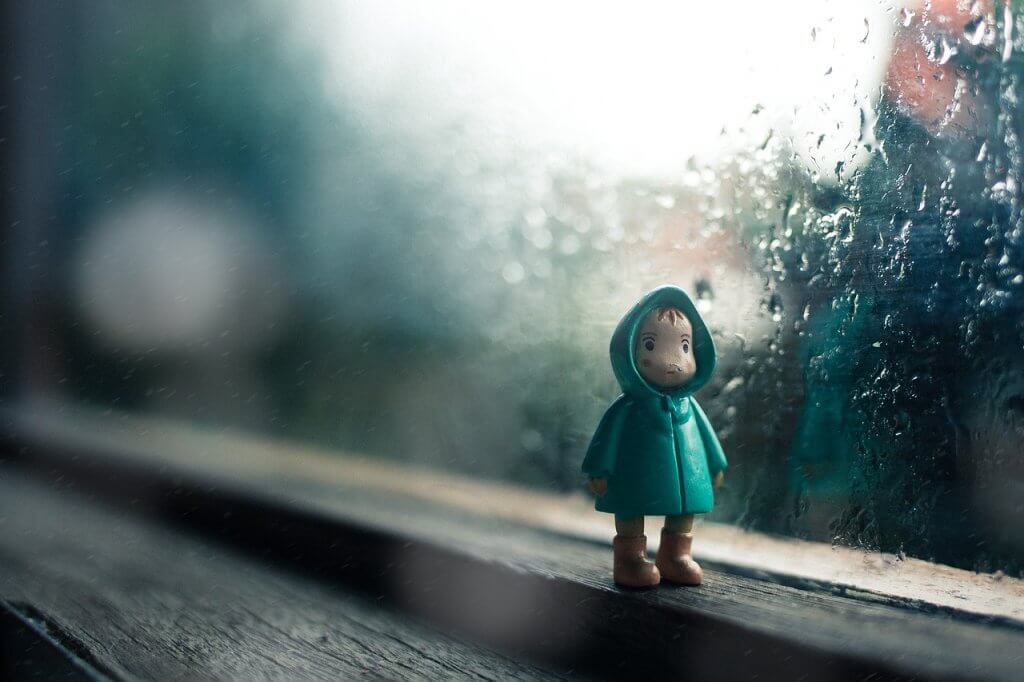We all keep in mind that childhood must be a happy time, children must spend this stage of life experiencing positive emotions, there should be nothing wrong with them, right?But the truth is that a number of factors can cause emotional problems in children as well as adults.
What makes some kids have these problems and others don’t?As with older adults, are there a number of personal and social characteristics that make us vulnerable and can contribute to this discomfort becoming harmful?Let’s find out what these features are, are to help our little ones!
“One of the luckiest things that can happen in your life is having a happy childhood. -Agatha Christie-
First of all, we must not forget that emotions play a role, all emotions, including negative ones. As a result, it is sometimes necessary to be angry to defend against something unfair, or to be afraid to be able to protect ourselves from danger, or that sadness seems to go through the grieving process that accompanies significant losses.
The problem arises when these negative emotions are very intense, when they are present most of the time and very often, that is, negative emotions hurt us when we cannot use the energy and message they transmit in our favor. it’s expensive for us, imagine it for the kids, so they need our help and patience.
For children there are also risk factors associated with emotional regulation problems, having a difficult temperament or being very introverted are two of these factors, other aspects that can cause emotional problems in children can be low awareness, impulsivity, inefficiency, attention problems, hyperactivity, high levels of insecurity or lack of information processing.
The children who have the characteristics we have just mentioned are more vulnerable when we talk about whether or not we have emotional regulation problems, in addition, there are other factors, both family, social and academic, that can increase this risk.
The family is an integral part of children’s lives, if there is hostility and domestic violence at home will increase the emotional distress of the little ones, contempt and rejection will also cause this suffering, as far as parents are concerned, there is also an influence on uncontrollability, lack of consensus among themselves or legal problems, as well as other psychiatric problems.
“Children have to be very patient with adults. -Antoine de Saint-Exupéry-
At the social level, low economic incomes and lack of resources also influence; at school, seemingly smaller schools contribute to better emotional management; they are also associated with an increased risk of emotional problems, such as students’ negative expectations. teachers, the dimension of school participation, non-cooperative learning, or the isolation and rejection of co-workers.
The fact that the characteristics we have just clarified are risk factors makes children with them more likely to have emotional problems, but eye, a child may have them all and not develop any problems in this regard. The question about this question is how to detect these features to help children who have these kinds of problems?
First, children can ask for help if they feel unwell, but this is not very common, so it is the adults who care for them, parents and teachers, who should be attentive to the possible emotional discomfort of the children.
To identify it you can observe a variety of physical symptoms, such as tachycardia, fatigue, nausea, dry mouth or muscle tension, children, in these circumstances, tend to exhibit certain characteristic behaviors, such as isolation, nail biting, crying, etc. screaming, breaking things or fighting often.
“It’s never too late to have a happy childhood. – Tom Robbins-
Finally, it is necessary to be aware of the thoughts that the child is expressing, these thoughts may be related to the idea of pollution, self-criticism, guilt and fear, they can also have a morbid imagination or have difficulty generating alternative thoughts. , you may feel constantly blocked or unable to concentrate. Does all this indicate that the child is really bad and?It’s time to call for help!
Images courtesy of Andrik Langfield, Chinh Le Duc and JJ Thompson.

